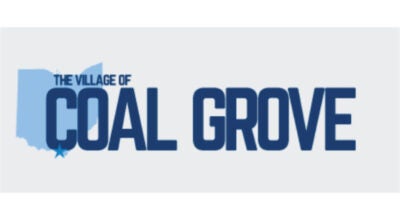State gets $11M grant to address workforce issues related to opioid epidemic
Published 12:22 pm Thursday, June 6, 2019
COLUMBUS — Ohio Gov. Mike DeWine announced the state will invest $11 million over the next two years to help employers and unemployed workers across the state overcome issues related to the opioid epidemic.
The resources provided by a National Health Emergency Disaster Recovery Dislocated Worker Grant from the U.S. Department of Labor will support employers who hire individuals in recovery and provide job training and other services to help unemployed workers recover from substance use disorder and find jobs.
“This federal grant is an example of what RecoveryOhio is all about. We collaborate to address the unique needs of residents,” DeWine said. “Recovery involves not just treatment, but ongoing supports to help individuals lead healthy, productive lives.”
The grant will be distributed among Ohio’s 20 local workforce development areas. Services will be tailored to local needs but may include any of the following:
The testing of innovative approaches to combat addiction issues — for example, by supporting employers that develop second-chance policies and hire individuals in recovery.
Job training, career services, and supportive services for unemployed workers who have been directly or indirectly affected by the opioid crisis.
Temporary employment to alleviate workforce issues related to the opioid crisis — for example, to hire 911 operators, first responders, peer recovery supporters, or children services aides for up to 12 months or 2,040 hours.
Building the addiction treatment, mental health, and pain management workforce.
RecoveryOhio has many partners in this effort, including OhioMeansJobs centers; Alcohol, Drug Addiction and Mental Health Services boards; two-year colleges; community action agencies; libraries; mental health treatment providers; the Ohio Bureau of Workers’ Compensation; the Governor’s Office of Workforce Transformation, and the departments of Job and Family Services, Mental Health and Addiction Services, Higher Education, Medicaid, Public Safety, and Health.





